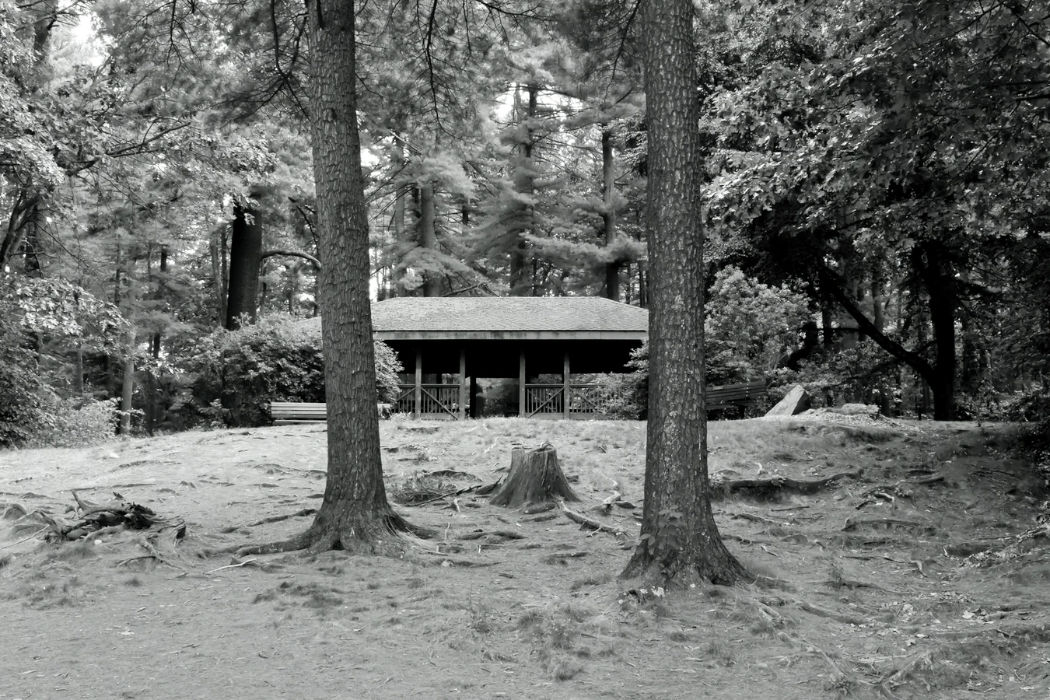Rilke’s You Who Never Arrived is a poem of two stanzas that deals with his mystical longing for glimpses of his elusive Beloved. The poet here is not shown to be struggling to find his one true love, but has accepted the face that Beloved will forever remain tantalisingly close, but just out of his reach. The poet says that his Beloved was lost even before the start. This is indicative of the fact that he has never met her. But he continues by saying that she resides within him and has constructed a whole world, complete with landscape, cities, towers, and bridges, in his soul. He equalises her with his soul and credits the power that pulses within him, making him alive, to her. But, he lives with the longing to someday meet her, yet accepting the fact that she is forever going to elude him and that he will never find her in reality.
This is in line with Rilke’s belief that a man never finds his soul-mate or one true love in his lifetime. The poet can feel her presence everywhere he goes and is of the belief that every step that he takes, he is actually tracing her footsteps. Feeling her presence in mirrors in shops, on the streets, all point towards this. It can be deduced that such an ideal Beloved exists, not in reality, but within the poet himself. Yet, the poet wants to live in an illusion of knowing that his Beloved is out there, somewhere, but he will never find her. The poet’s Beloved exists more in fantasy, than in reality.
You may be interested in You Who Never Arrived detailed summary!
This is what makes her this ideal. “Who knows? Perhaps the same bird echoed through both of us, yesterday, separate, in the evening… “, this phrase tells us that the poet might actually believe that his beloved lives within him as the same voice echoes within them at the same time. They are together, yet they are not. The poet laments the fact that he doesn’t even have a lost love that he can mourn, because he has never met his Beloved to experience real love blossoming within them. The poet chooses to live with the phantasm of a lost love, than to not dream at all.
Poetic Devices in You Who Never Arrived Analysis
Metaphor
“You, Beloved, who are all
the gardens I have ever gazed at,
longing. An open window
in a country house”
The poet has used gardens and an open window of a country house as a metaphor for his Beloved. He looks at exotic, beautiful gardens with longing, but can’t acquire them. This goes to show that his Beloved has the same ethereal air about her, like the gardens and symbolises peace, tranquillity and beauty. Her comparison with an open window of a country house shows how inviting, yet unapproachable she is.
Personification
“And sometimes, in a shop, the mirrors
were still dizzy with your presence and,
startled, gave back my too-sudden image.”
The mirrors in the shops are attributed with the human characteristics of being dizzy and startled. This has been done to show the sudden disappearance of the poet’s Beloved on his presence leaves the mirrors too disturbed and they haven’t yet gotten over the image of the poet’s beloved to actually try and adjust to the poet’s image.
Hyperbole
All the immense
images in me — the far-off, deeply-felt
landscape, cities, towers, and bridges, and
unsuspected turns in the path,
and those powerful lands that were once
pulsing with the life of the gods–
all rise within me to mean
you, who forever elude me.
The poet tries to project a picture of his vast soul by citing cities, bridges and landscapes. He says that everything that is within him rises to mean her, his Beloved. Her presence within him makes him feel alive, eternal and immortal, like he harbours the life of Gods within him. This exaggeration has been done to create a larger than life picture of his Beloved and convey to the reader what she means to him.
Central Idea of You Who Never Arrived
The central idea of the poem revolves around the poet conveying to his elusive Beloved, how he has kept searching for her and has finally given up hope of ever finding or meeting her. This gives the reader an insight into the mind of the poet and informs them of his believe that man never meets his one true love in his entire lifetime, despite sometimes coming tantalisingly close to them. The ideal Beloved remains elusive forever.
A poem of two stanzas, You Who Never Arrived by Rainer Maria Rilke is a poem that follows no definite rhyme scheme. It is a blank verse which matches the poet’s lost and scattered thoughts.
Tone
The tone of the poet is one of regret and acceptance. The poet describes how his dear beloved is embedded in his heart, and is the life in his soul. His desperate attempts to find her, his agony at coming torturously close to her, but never finding her gives the poem an air regret. There is also a tone of acceptance of the fact that however hard he tries, the poet is never going to be able to successfully meet his true beloved. She is forever going to remain elusive to him. The poet says how he has given up on finding her.
Conclusion
The writing of You Who Never Arrived by Rilke is such that it portrays the poet’s lost and scattered thoughts. It is an exemplar of Rilke’s versatility as a poet as his construction of sentences and is such that the reader is made of his predicament of knowing that his Beloved is out there but is inaccessible to him. He has accepted the bitter fact that he will never be able to meet her, but will continue being tormented by her incidental closeness. He laments it that he every time misses her in spite of coming so close to her. His use of metaphors establishes that his Beloved is someone beautiful with tranquillity, but is unapproachable. He concludes on the note that his Beloved too is looking for him with the same desperation that he has been searching for her. Maybe the poet knows that his Beloved is nowhere, but within himself, but he prefers to harbour the fantasy that she too is on the lookout for him.
Some online learning platforms provide certifications, while others are designed to simply grow your skills in your personal and professional life. Including Masterclass and Coursera, here are our recommendations for the best online learning platforms you can sign up for today.
The 7 Best Online Learning Platforms of 2022
- Best Overall: Coursera
- Best for Niche Topics: Udemy
- Best for Creative Fields: Skillshare
- Best for Celebrity Lessons: MasterClass
- Best for STEM: EdX
- Best for Career Building: Udacity
- Best for Data Learning: Pluralsight
















